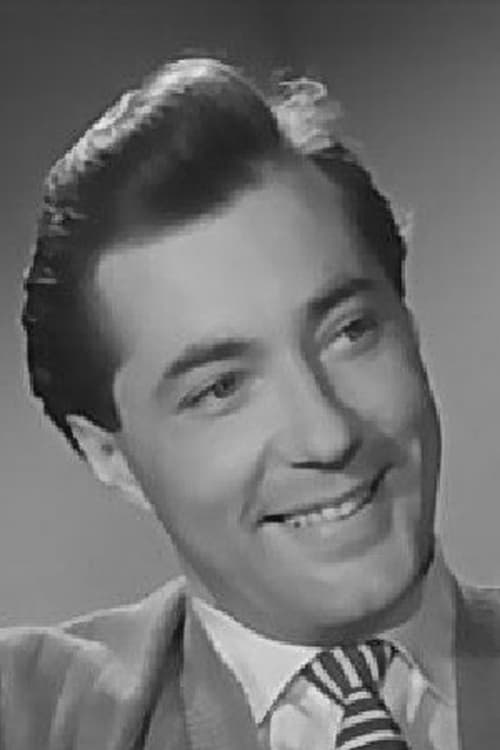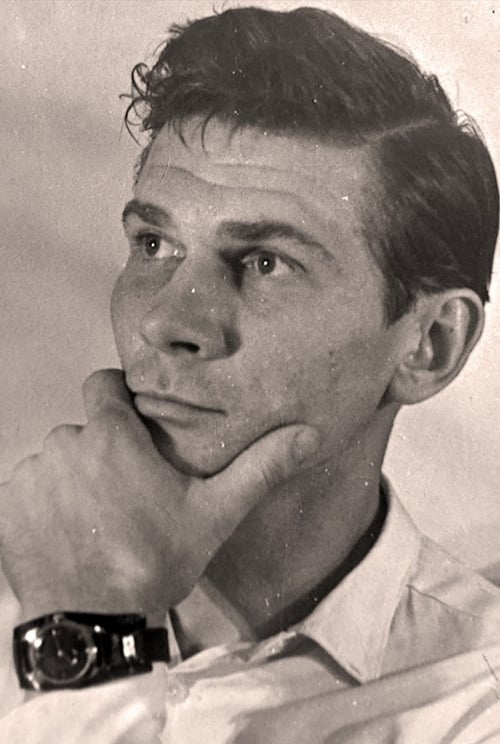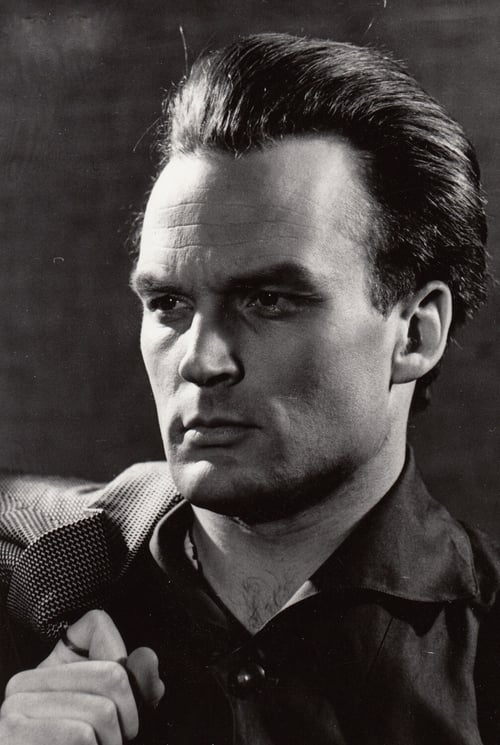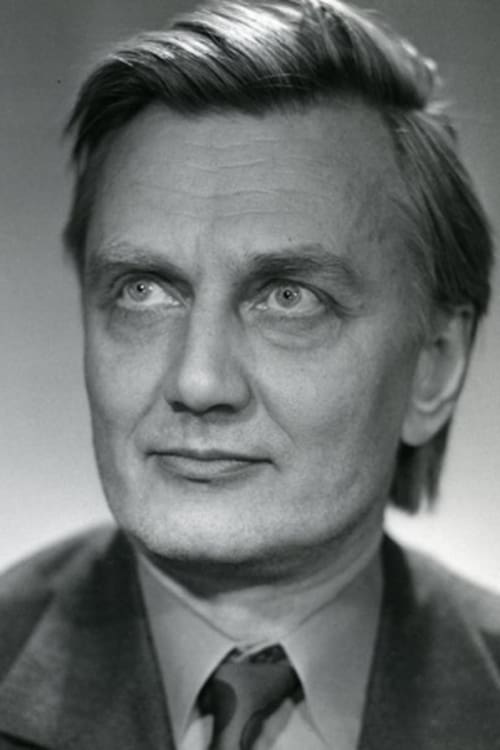Akmens un šķembas (1966)
Genre : Drama, War
Runtime : 1H 23M
Director : Rolands Kalniņš
Synopsis
During World War II three best friends are mobilized into the Waffen-SS Latvian Legion. Years later their fates continue to intertwine, as memories of war loom in back of their minds.
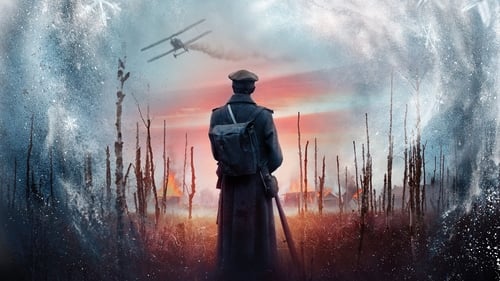
The love story of sixteen-year-old Arturs is interrupted by the First World War. After losing his mother and his home, he finds some consolation in joining the army, because this is the first time national battalions are allowed in the Russian Empire. But war is nothing like Arturs imagined – no glory, no fairness. It is brutal and painful. Arturs is now completely alone as war takes the lives of his father and brother. Also, no progress is made in the promised quick resolution of the war and timely return home. Within the notion that only he alone cares about returning home and that his homeland is just a playground for other nations, Arturs finds strength for the final battle and eventually returns home to start everything from scratch, just like his newly born country.
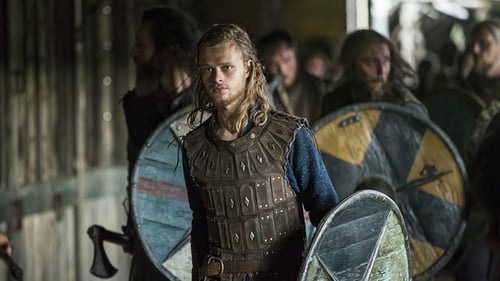
Northern Europe. 13th century. Last pagan settlement near the Baltic Sea. The evil and cynical warrior crusader Max von Buxhoveden is trying to destroy the pagan beliefs of the people by spreading lies and fostering dissent. Old king of the last free pagan lands is on his deathbed and without an heir to take his place. Max wants to take over the throne and reign over old king’s tribe. Unexpectedly, with his dying breath the King passes on his ring to his nephew Namejs. The youngster, who grew up amongst pagan priests and studied ancient wisdoms, now has to defend his people. Will he be able to unravel the secret of the Ring and gain its power?
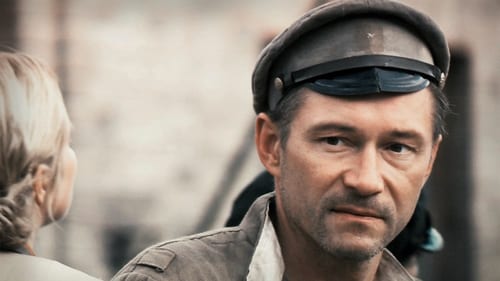
The film dramatizes November 11, 1919- a crucial date in the battle for Latvian independence. A year after the end of the official hostilities of WWI, a renegade German general and troops remain outside the Latvian capital. Latvian riflemen, most of them inexperienced volunteers, somehow managed to defeat a larger, better-armed force of German and Russian mercenaries.

A business executive lays off hundreds of harbor workers after they go on strike. He and his wife plan to escape the stress by taking an Italian vacation. On the evening before the trip, one of the fired workers, dressed in an orange harbor worker safety jacket, slips into their home. Although his immediate actions reveal a murderous intent, revenge is only the initial step.

To catch a couple of car thieves, a policewoman goes undercover as an old woman that recently has gotten a luxury car "Volga" - a plan that is bound to attract the criminals. For how hard can it be to steal a car from an old woman?

A detective and a militia captain are working together investigating a murder. When their job is done, the feelings do not let them say goodbye.

Land surveyors arrive in two parishes to measure and redistribute manor land. The rivalry between both feoffees for land and woman begins.

Latvia, late 19th century. Farm-hand boy Jancis lives on a homestead with his mother, grandfather and grandmother. His world does not reach beyond the horizon, and life progresses according to the seasonal cycle – from winter through spring, summer and autumn to the next St. George's Day when farmhands often had to move to the next farm.
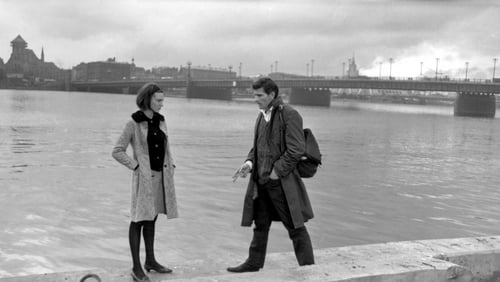
Cezars Kalnins, portrayed by "Latvian Harrison Ford” Uldis Pucitis, installs telephones by day and composes pop songs by night. The puritan Soviet censorship deems Cezars’s lyrics "unsuitable and frivolous” and "unfit for the Soviet youth”. In fact, it can be argued that this assessment matches the opinion of the Soviet cinema authorities in regard to this film as a whole, since "Four White Shirts” was immediately banned and released in cinemas only in 1986. The creative boldness and stubbornness, evident in both Cezars’s bitingly ironic verses and the film’s unconventional narrative structure and fresh, new-wave-inspired mode of expression, turned out to be equally problematic for the hero and for the film itself, as well as for its director whose representation of the actual mechanisms of Soviet censorship ended up too realistic for his own good.

Film takes us deep inside the world of Latvian teenagers in 90s: combining the intimate diary of a teenager Jānis trying to find himself by joining a subculture, as well as a skillful, detailed and almost documentary-like depiction of the beginnings of the second independence of Latvia. “Jelgava ’94” is a portrait of a generation in the 1990s who are searching for their own identity and are fans of alternative culture. This is a touching story about us as youngsters, when everybody is against the whole world and tries not to become “one of them”. But can one keep the promise? The story is based on the best seller by Jānis Joņevs set in the 1994 in the Latvian city of Jelgava.

One night, Matiss Zelcs, an employee of the Latvian national archive in Riga, notices a woman on a bridge. After passing by her without preventing her suicidal fall into the depths, a sensation of failure and guilt changes his life. He cannot forget her. Driven by a feeling of remorse and the fever of illusion, he roams through the city night and day looking for traces of her existence. This journey through the tumult of his conscience leads him deeper into his own loneliness and the depths of his soul, as he gets more and more entangled in the destinies of the woman and of the people who were attached to her. He finds himself confronted with the pain of yearning and guilt, the cruelty of love and desire, and the search for forgiveness, release and salvation.

A Latvian poetic documentary about the town Kuldīga.

During World War II three best friends are mobilized into the Waffen-SS Latvian Legion. Years later their fates continue to intertwine, as memories of war loom in back of their minds.
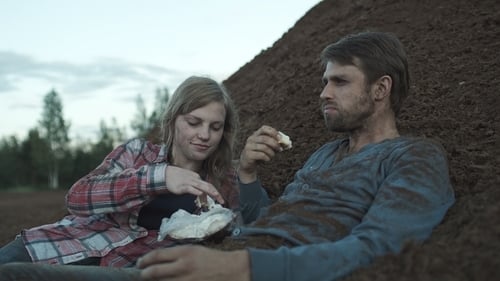
Siblings Roby and Raya after the death of their father and being abandoned by their mother, are forced to live with their dominating grandmother in a small country house owned by their family. Things change after the sudden death of their grandmother. The teenagers have to face a tough choice: either to report the accident and submit themselves to a life in an orphanage or hide the dead body and live as if nothing has happened.

In January of 1942, two first transports with hundreds of Czech Jews leave Theresienstadt for the east. After a journey lasting several days, the trains reach the Latvian capital of Riga.
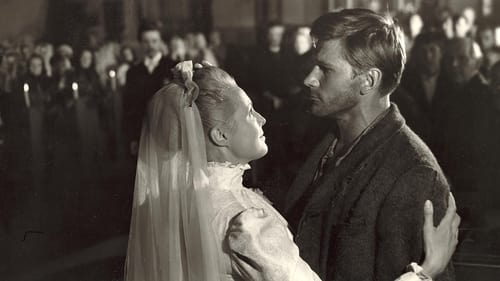
In this film, set in Latvia in the late 19th century, Edgars, the coachman of Alaine Manor, loves Kristine, the washerwoman's daughter, although he is too hot-headed for Kristine's mother to consider him a good suitor for his daughter. The servant Viskrelis and stable boy Sutka try to tempt Edgars to a life of drinking and a relationship with the barmaid Matilde. Meanwhile, Kristine is courted by the rich land owner, Akmentins.
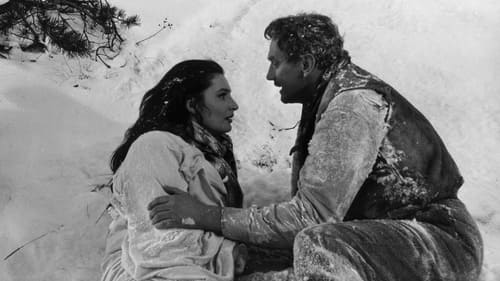
A group of men go under-ice fishing, but find themselves trapped on a piece of ice, that has broken off. As they are drifting through the sea, the tension between them rises.

We have sex in Latvia! A light comedy about building relationships - with passion and funny misunderstandings. All characters of this movie are in desire for flirt - be it at a swingers' party or during a sudden encounter with a beautiful stranger on the balcony.

Nils and his two best friends are invited to a 25 year reunion for their student years. Nils is given the task of holding the main speech. This comes at a bad time. He is troubled with his self consciousness, eyesight, hemorrhoids and age bothering him.



